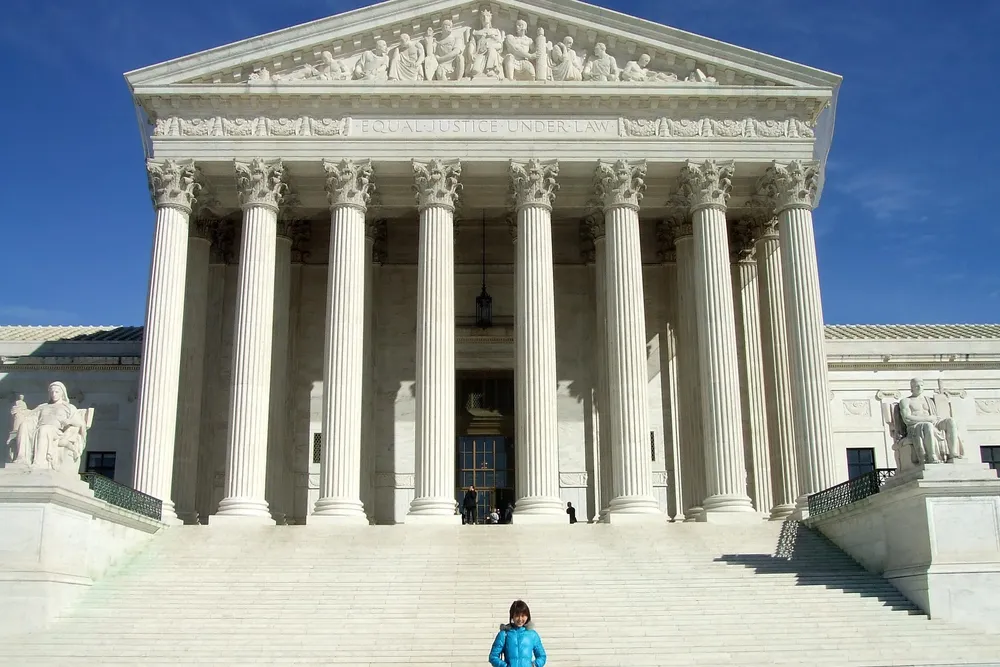US waives response to Supreme Court petition to block Vineyard offshore wind
Move is latest indication that Trump's Justice Department may decline to offer vigorous defences of federal permits

The Trump administration declined to weigh in on offshore wind opponents’ last-chance efforts to block US flagship array Vineyard with the Supreme Court, potentially signalling its reluctance to defend the sector from litigation.
Solicitor-General D. John Sauer in two separate filings to petitions to the nation’s top court wrote: “The Government hereby waives its right to file a response to the petition in this case, unless requested to do so by the Court.”
Owned by a joint venture of Copenhagen Infrastructure Partners and Iberdrola's Avangrid, Vineyard is currently in construction in the Massachusetts wind energy area 15 miles (24 km) off the coast of Martha’s Vineyard.
While the suits differ in respects, they share the claim that federal regulators headed by the Bureau of Ocean Energy Management (BOEM) failed to adhere to major environmental and other laws when approving the project.
However, “we still would not discount the possibility that the current administration was not eager to file a brief defending the project approved by its predecessor,” ClearView wrote in a memo issued yesterday.
Former President Joe Biden galvanised offshore wind with a 30GW by 2030 goal. Under his administration, BOEM approved 19GW of capacity in 11 projects from Virginia to Massachusetts.
Critically, Trump’s order offered DoJ the option of staying or settling litigation against offshore wind arrays that could lead to existing projects losing their federal approvals.
“The Trump Administration could choose not to defend its predecessor’s agency orders approving offshore wind projects,” ClearView said.
Instead, BOEM “could use pending legal challenges to undermine those federal permits and approvals, leading to project cancellations.”
Major US infrastructure development typically attracts litigation, and some ten lawsuits against six projects ongoing in federal courts have been vigorously defended by the previous government.
The Trump administration’s responses have so far has been mixed, though, with several moves indicating it may not offer a strong defence.
The stay is aimed at allowing BOEM and other agency leadership to get more familiar with the case in light of Trump’s order.
On 31 March, though, BOEM filed a brief in District Court for the District of Maryland in support of its approvals of US Wind’s projects.
ClearView wrote that it regards the brief “as an important indication that the Trump Administration is likely willing to defend at least some offshore wind projects against specific claims, notwithstanding” the president’s hostility.
(Copyright)